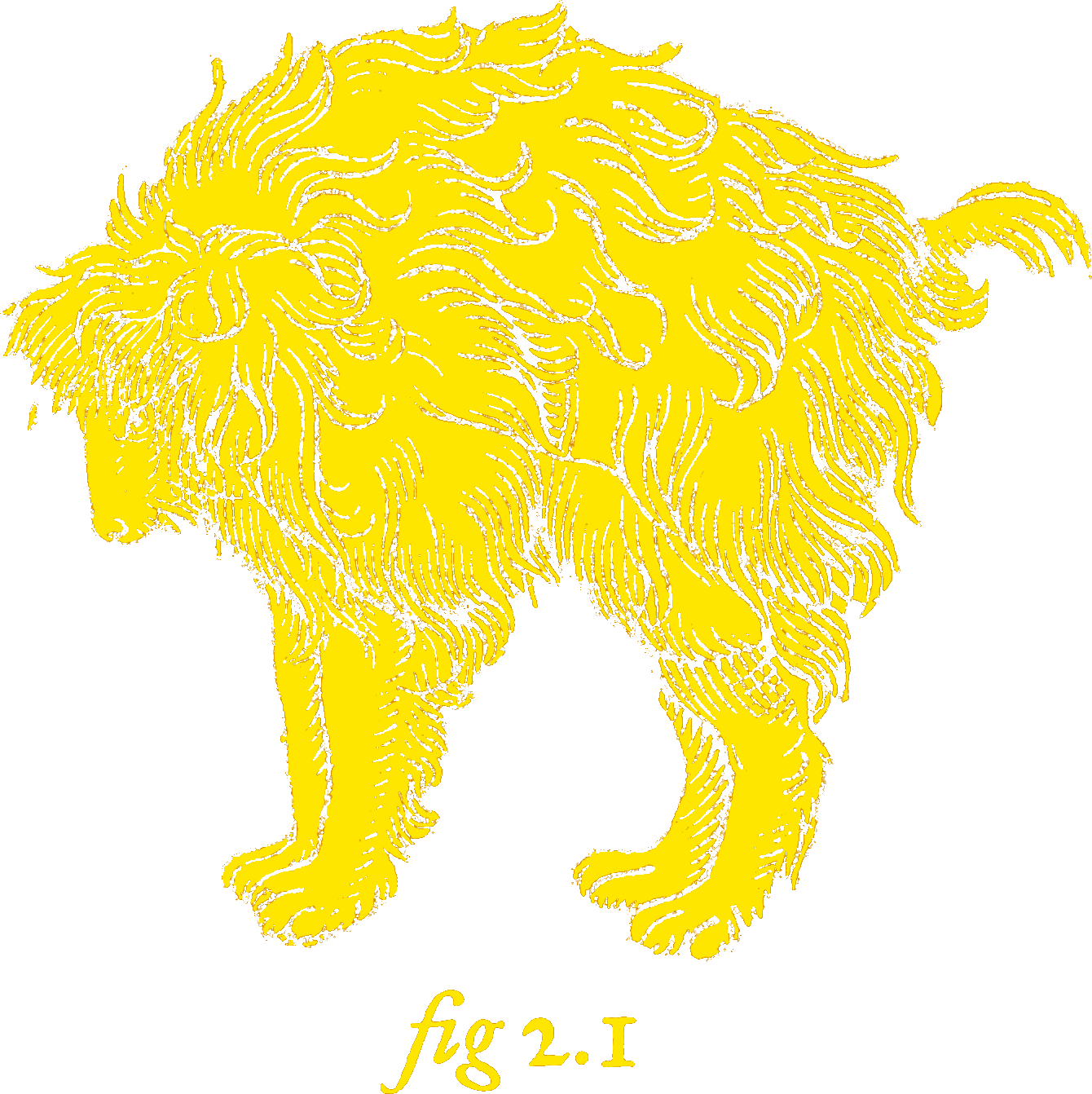Matching with Swift's Optional Pattern
For Example…
Swift enumerations with raw values can be very handy when dealing with “stringly-typed” data of the sort JSON is notorious for:
{
"characters":[
{"name":"Hank",
"class":"ranger"},
{"name":"Sheila",
"class":"thief"},
{"name":"Diana",
"class":"acrobat"},
{"name":"Eric",
"class":"cavalier"}
]
}
A string can hold a nearly infinite combination of possible values, and we need that sort of flexibility when representing names (the variety of which is also quite large).
But what about a character’s class? There’s only a handful of valid values for that. Representing them as strings (with their infinite variability) would not just be overkill, it’d expose us to potentially subtle bugs such as misspellings, capitalization errors, and non-exhaustive switch statements:
switch stringFromJSON{
case "ranger":
//Good...
case "Thief":
//Oh no! Wrong capitalization.
case "cavaleer":
//Oops! Wrong spelling
}
//Yikes! We forgot completely about acrobats!
If we represent a character’s class with a strict enum instead of a flexible String, Swift will catch all these bugs for us! And if we give raw values to our enum types, translating back and forth between JSON’s strings is pretty easy too:
enum DNDClass:String{
case Ranger = "ranger"
case Thief = "thief"
case Acrobat = "acrobat"
case Cavalier = "cavalier"
}
let myDNDClass = DNDClass(rawValue:stringFromJSON)
let jsonString = myDNDClass?.rawValue
And this works great… until we try to use it in a switch statement:
switch myDNDClass(rawValue:stringFromJSON){
case .Ranger:
//ERROR:
//Enum case 'Ranger' not found in type 'DNSClass?'
}
See that tricky “?” at the end of DNSClass?? We’re getting an optional back from our constructor because rawValue: is actually a failable initializer.
And it makes sense that it would be. Like we said before, strings can hold a nearly infinite number of possible values. Our enum’s constructor has to be ready for that:
DNDClass(rawValue:"ranger")
//> "Optional(DNDClass.Ranger)"
DNDClass(rawValue:"foobar")
//> "nil"
We can deal with this by guarding against nils:
guard let c = DNDClass(rawValue:jsonString) else{
fatalError("Unexpected class: \(jsonString)")
}
switch c{
case .Ranger:
//Do ranger stuff...
}
And that’s okay… But now we have to parse a chunk of logic above our switch before getting down to business.
We could, instead, take advantage of the fact that Optionals are enums:
switch DNDClass(rawValue:jsonString){
case .Some(.Ranger):
//Do ranger stuff...
case .None:
fatalError("Unexpected class: \(jsonString)")
}
But now, instead of having a clean abstraction around the very concept of an Optional, we have a leaky abstraction that requires anyone who reads it to understand the .Somes and .Nones being used under the covers. There’s a reason, after all, that the Swift Programming Language makes no mention of Optional’s implementation.1
The Optional Pattern
This is why the optional pattern exists. Just add a “?” to the end of an identifier, and it “matches values wrapped in a Some(Wrapped) case of an Optional<Wrapped> enumeration.”
In other words, these cases are equivalent:
switch DNDClass(rawValue:jsonString){
case .Some(.Ranger):
//...
case .Ranger?:
//...
}
This goes for more complex value-binding patterns as well:
enum Response{
case Error(String)
}
switch myResponse:
case .Some(.Error(let s)):
//Do something with «s»...
case .Error(let s)?:
//Also can do something with «s»...
}
In essence, any time you want to match a pattern against an unwrapped optional value, just put a ? at the end of it.
Don’t Default
There’s just one gotcha left to tackle. We might expect the following to be exhaustive, but Swift is going to tell us it’s not:
switch DNDClass(rawValue:jsonString){
case .Ranger?:
//Do ranger stuff...
case .Thief?:
//Hide in shadows...
case .Acrobat?:
//Backflips...
case .Cavalier?:
//Whatever it is a cavalier does...
}
//> ERROR: Switch must be exhaustive
That’s because, even though we’ve covered every character class in our enum, there’s one important case we’ve forgotten; what if DNDClass’s init fails and returns nil?
We could easily catch this with a default:
switch DNDClass(rawValue:jsonString){
case .Ranger?:
case .Thief?:
case .Acrobat?:
case .Cavalier?:
default:
//None of the above...
}
But we only want to catch the nil case, and default catches everything. With default in there, we could add new character classes to our enum,2 and Swift wouldn’t warn us if we forgot to cover them in the switch.
A common mistake is to try to use the optional pattern again, maybe with something like nil?. But remember, the optional pattern only matches when an optional is expressly not nil. So that will never work.
The easiest, most readable thing is to use the literal nil, itself:3
switch DNDClass(rawValue:jsonString){
case .Ranger?:
case .Thief?:
case .Acrobat?:
case .Cavalier?:
case nil:
//Failed to init.
}
Patterns in Swift (or, at least, the documentation for patterns in Swift) use a lot of very precise terminology that can take a bit of work to wrap one’s head around. But they’re incredibly useful4 and punch well above their weight in their contributions to Swift’s expressiveness.
As the language continues to evolve, I’m most excited to see what changes and additions happen in this space.
1: Sort of. It actually is mentioned in two places: an example that “Reimplements the Swift standard library’s optional type”, and the example that shows equivalent code to very optional pattern we’re about to discuss.↩︎
2: Bobby and Presto feel left out.↩︎
3: This isn’t a special pattern or identifier — it’s simply an expression of the fact Optional.None == nil is true.↩︎
4: Especially in Swift 2 since it gives if, while, guard, and for-in their own case matchers. Add those to the existing switch, and there are all sorts of places for us to play with patterns!↩︎
